Scientific Committee
About the Scientific Committee
The Scientific Committee (SC) advises the Governing Body on all medical and scientific matters relating to the Institute and its activities.
Its most important role is the assessment and selection of the annual Lister Prize Fellows, an in-depth process involving various international experts, and which allows the Lister Institute to select researchers with high potential whose career can be significantly boosted with our support.
There are currently thirteen members of the Scientific Committee providing expertise across a broad range of scientific and medical disciplines. We seek to have at least one member who is a former Fellow of the Institute.

The Chair of the Committee is Professor Anne Rosser, Professor of Clinical Neuroscience at Cardiff University and Honorary Consultant Neurologist at the University Hospital of Wales.
Professor Anne Rosser, PhD, FRCP, Cardiff University
Anne took on the role of Chair of the Scientific Committee of the Lister Institute in September 2025. Anne is Professor of Clinical Neuroscience at Cardiff University and Honorary Consultant Neurologist at the University Hospital of Wales. She undertook her medical training and PhD at Cambridge University and completed specialist training at the National Hospital for Neurology in London and Addenbrookes hospital in Cambridge. She moved to Cardiff in 2001, where she directs the Cardiff University Brain Repair Group and co-directs the Wales B.R.A.I.N. Unit, which aims to deliver therapeutics into the brain in neurological conditions. She has a special interest in regenerative medicine, especially with respect to the neurodegenerative condition Huntington’s disease, and she is current chair of the European Huntington’s disease Network.

Professor Amitava Banerjee MA MPH DPhil FHEA FAHA FESC FRCP FRCP (Ed) FFCI
Ami is UCL Professor of Clinical Data Science, Honorary Consultant Cardiologist at UCL Hospitals and Barts Health NHS Trusts, and National Cardiovascular Specialty Lead, NIHR Research Delivery Network. He is a founding member of the British Heart Foundation/NHS England CVD-COVID consortium, and has several non-executive roles, including membership of the World Heart Federation’s Board and the British Heart Foundation’s Research Strategic Advisory committee. His clinical work informs his research and vice versa, whether digital technology evaluation, cardiovascular disease in under-served populations, disease phenotypes in electronic health records or pandemic preparedness.

Professor Tom J Evans, MA, PhD, MBBChir, FRCP, University of Glasgow
Tom is Professor of Molecular Microbiology at the University of Glasgow and a Consultant in Infectious Disease and General Medicine. He trained in Medicine and Biochemistry at the University of Cambridge and then specialised in Infectious Diseases at Imperial College London before moving to Glasgow in 2003. His research interests are in the immune responses to bacterial infections, particularly Pseudomonas aeruginosa and Streptococcus pneumoniae as well as the development of more effective therapies for hospital-acquired infections and antibiotic-resistant bacteria, as part of the Scottish Government funded Scottish Healthcare-associated Infection Prevention Institute (SHAIPI).
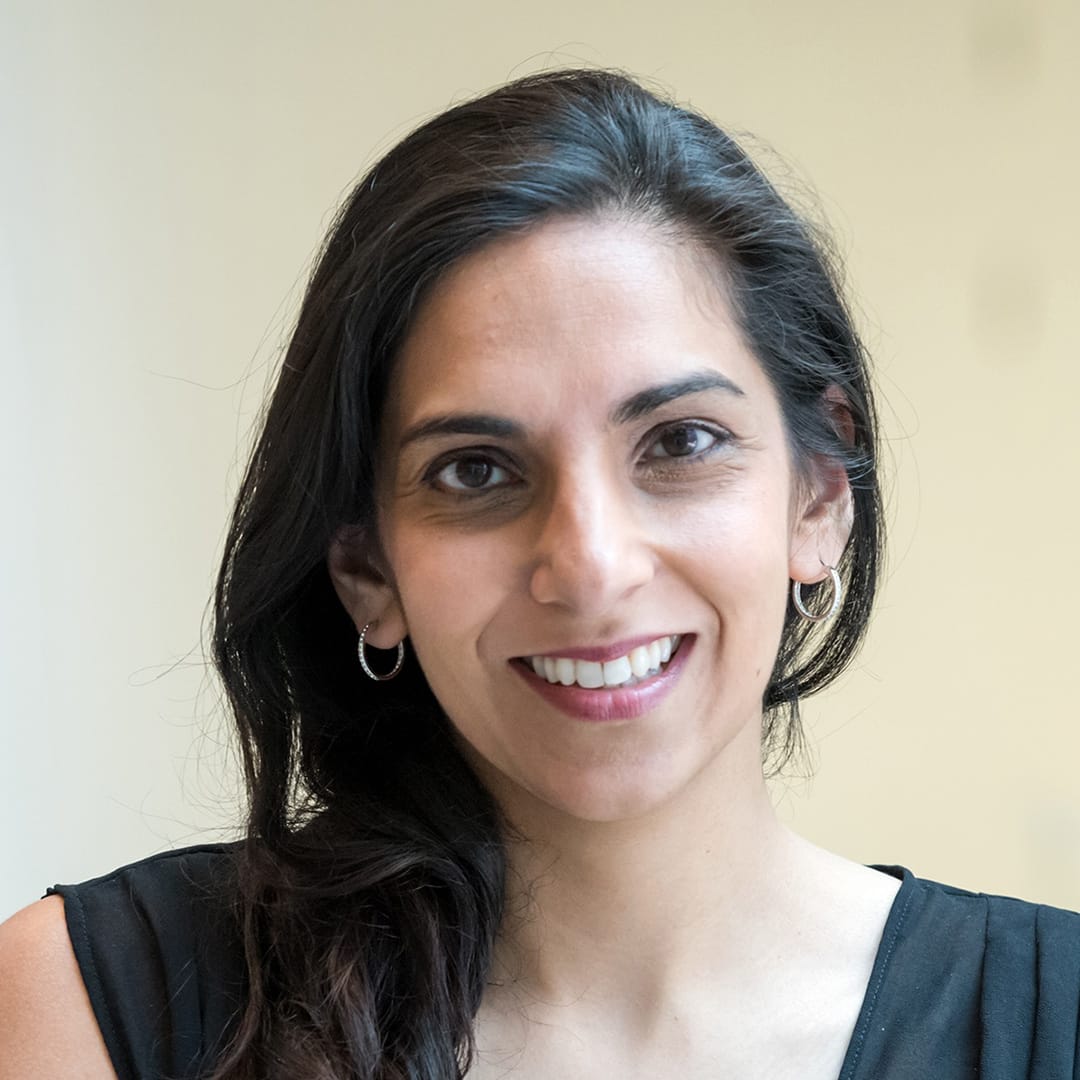
Professor Sonia Gandhi MA BMBCh MRCP PhD
Sonia is a Professor of Neurology at UCL Queen Square Institute of Neurology, where she leads a translational neuroscience program focussed on drug discovery for disease modification in neurological diseases, delivery of innovative clinical trials for disease modification, and developing predictive approaches for personalised medicine. She works as a neurologist at the National Hospital for Neurology & Neurosurgery. Sonia is a Principal Group Leader, and Assistant Research Director at The Francis Crick Institute, and her laboratory aims to determine how and why proteins misfold and aggregate in in Parkinson’s disease, and understand the downstream molecular consequences triggered by oligomerisation. Her work is highly interdisciplinary, adopting a range of biophysical, chemical, molecular and computational approaches in human stem cell-based models of brain disease to address critical mechanistic questions in neurodegeneration.

Professor Ewen M Harrison OBE, MB ChB, MSc, PhD, FRCS, FRSE, FMedSci
Ewen Harrison is Professor of Surgery and Data Science at the University of Edinburgh and a Consultant HPB Surgeon at the Royal Infirmary of Edinburgh.
He is Director of the Centre for Medical Informatics at the University of Edinburgh. His work pioneers data-driven, collaborative research to improve patient outcomes after surgery across the global north and south, spanning AI/machine learning, decision modelling, wearable sensing, and clinical trials. He has been appointed a Fellow of the Academic of Medical Sciences and the Royal Society of Edinburgh, and his work during the COVID-19 pandemic was recognised with an OBE in the King’s New Year’s Honours.

Professor Clare M. Isacke, DPhil, FmedSci, The Institute of Cancer Research
Clare trained in Oxford and at the Salk Institute in San Diego before taking up an independent position at Imperial College London. In 2001 she was appointed Professor of Molecular Cell Biology at The Institute for Cancer Research in London and in 2007 as the Academic Dean. Her laboratory is based in the Breast Cancer Now Research Centre where her research focuses on the tumour microenvironment in the metastatic setting and developing new therapeutic approaches to limit secondary breast cancer and overcome treatment-resistant tumour progression.

Professor Yvonne Jones, FFRS, FMedSci, FLSW, University of Oxford
Yvonne holds the Sir Andrew McMichael Professorship of Structural Immunology at the University of Oxford. She is currently co-Head of STRUBI and Deputy Head of the NDM. Within her own research group (funded by the UK Medical Research Council, the ERC and Wellcome) she investigates the molecular mechanisms by which cells signal to each other in the human body, an abiding interest first sparked by her studies on TNF. Professor Jones’ work, built upon strong links with clinically related groups, has provided fundamental insights into signalling systems of importance for cellular immunology, developmental biology and cancer. She is a Fellow of the Royal Society, the Academy of Medical Sciences and the Learned Society of Wales as well as a Member of EMBO.

Professor Angus Lamond, FRS, FRSE, FMedSci, University of Dundee
Angus is an RNA biochemist and molecular cell biologist working at the University of Dundee School of Life Sciences. The Lamond laboratory study the functional organisation of subnuclear bodies in mammalian cells and molecular mechanisms regulating gene expression and pre-mRNA splicing using quantitative proteomics, microscopy and in vitro biochemical assays. The Lamond group also study the impact of human genetic diversity at the protein level and how this affects cellular phenotypes and disease mechanisms.
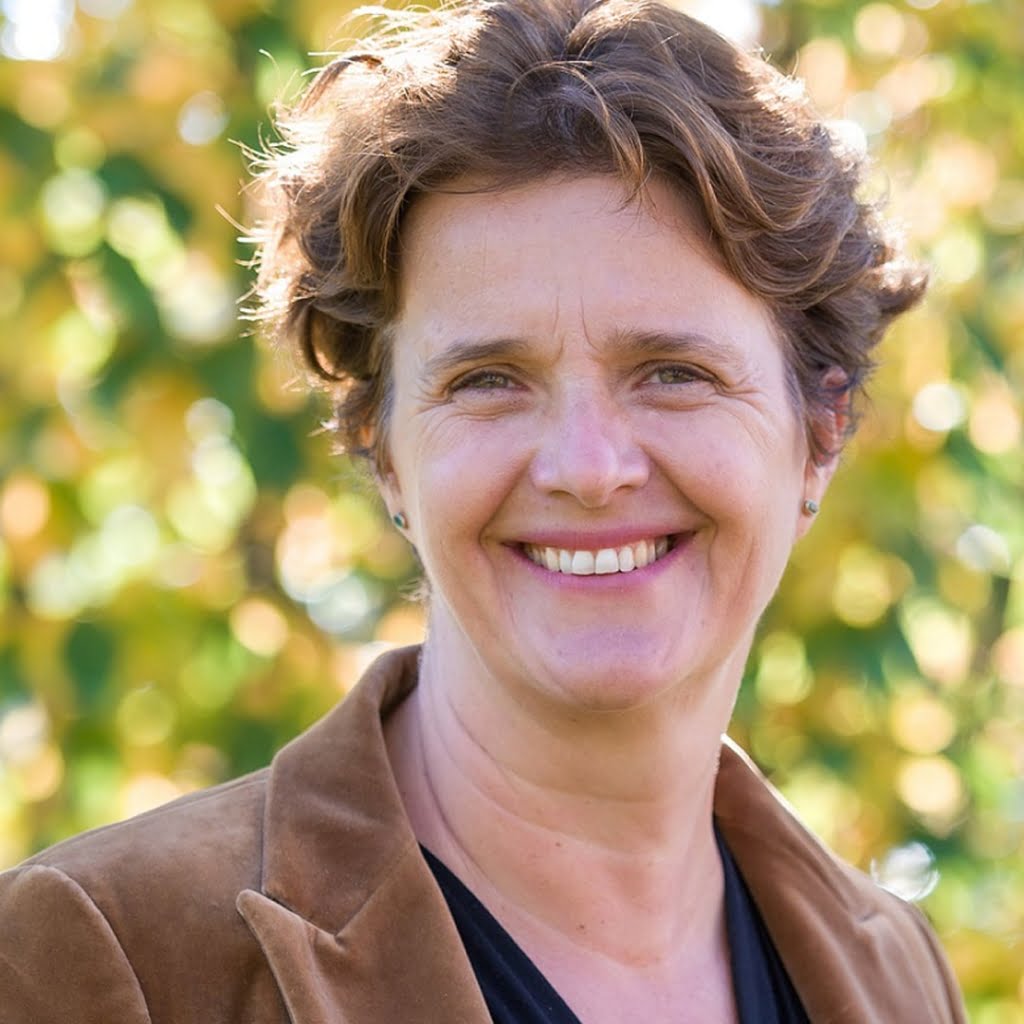
Professor Belinda Lennox DM FRCPsych, Department of Psychiatry, University of Oxford
Belinda is Professor of Psychiatry and Head of Department of Psychiatry, University of Oxford and Honorary Consultant Psychiatrist in the Early Intervention in Psychosis service for Oxford Health NHS Foundation Trust. Her interests are in discovering the causes of and developing more effective treatments for those with severe mental illness and in implementing those discoveries into clinical practice. She has led research on the autoimmune basis of severe mental illness.

Professor Iain B McInnes, CBE, PhD, FRCP, FRSE, FMedSci, University of Glasgow
Iain is Vice Principal and Head of College of Medical Veterinary and Life Sciences, and Versus Arthritis Professor of Rheumatology in the University of Glasgow. He is Director of the Versus Arthritis Centre of Excellence for Inflammatory Arthritis, lead from Glasgow that includes Universities of Oxford, Newcastle and Birmingham. He is immediate past chairman of the Foreum (Foundation for European Rheumatology Research) Scientific Committee, leads the European Roadmap programme that is defining the research agenda for European rheumatology for the next decade. He is a Fellow of the Royal Society of Edinburgh and Fellow of the Academy of Medical Sciences. He was made CBE in 2019 by HM Queen Elizabeth II.
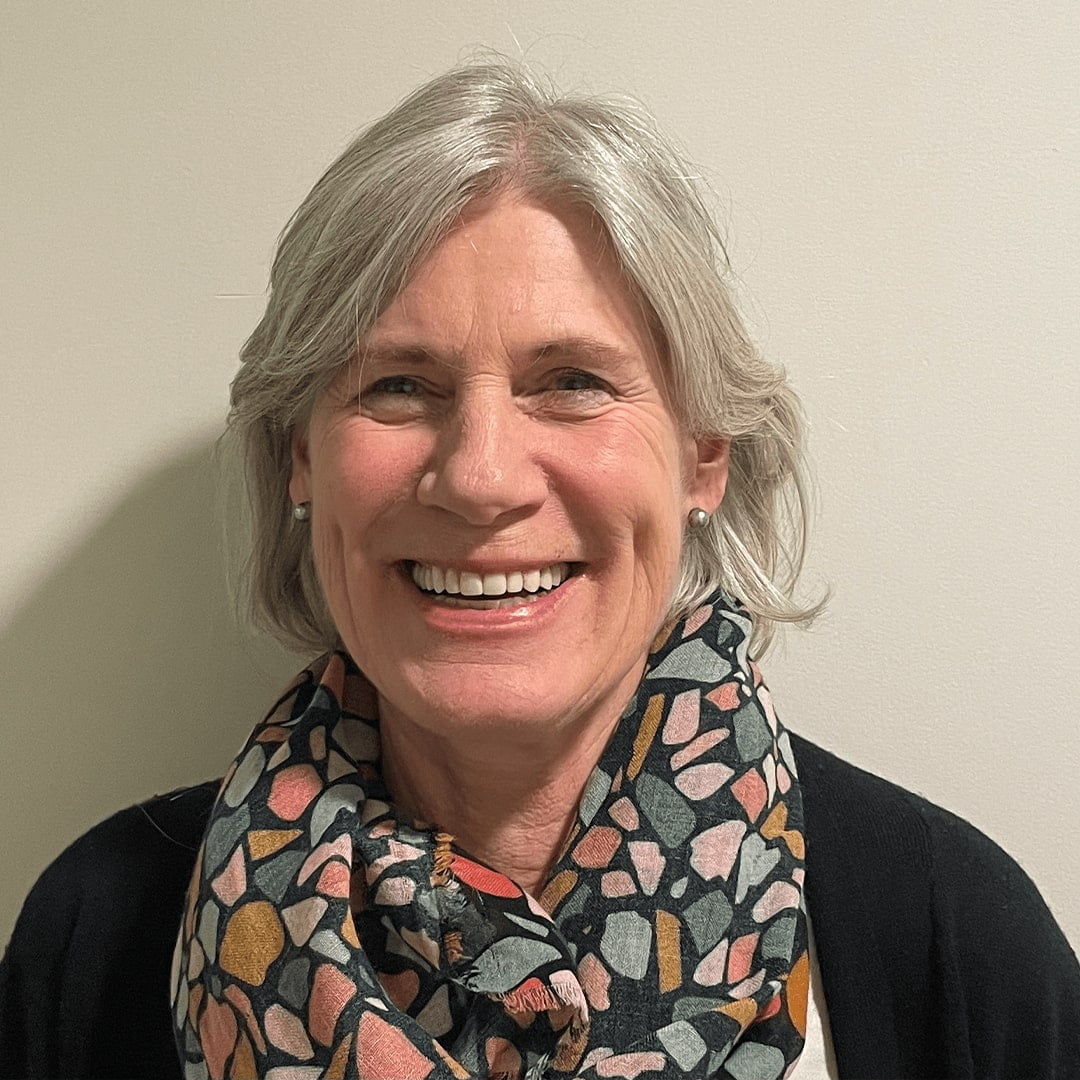
Professor Cliona O’Farrelly, Trinity College Dublin, PhD
Having completed a primary degree in microbiology (1977) at the Moyne Institute, Trinity College Dublin, CO’F was the first woman to be awarded a PhD in Immunology in Ireland and the first woman to serve as President of the Irish Society of Immunology. She was appointed Professor of Comparative Immunology at TCD in 2007. Cliona is the first female Chair of Fellows at Trinity College Dublin and was elected to Fellowship of the American Association for Advancement of Science in 2022.
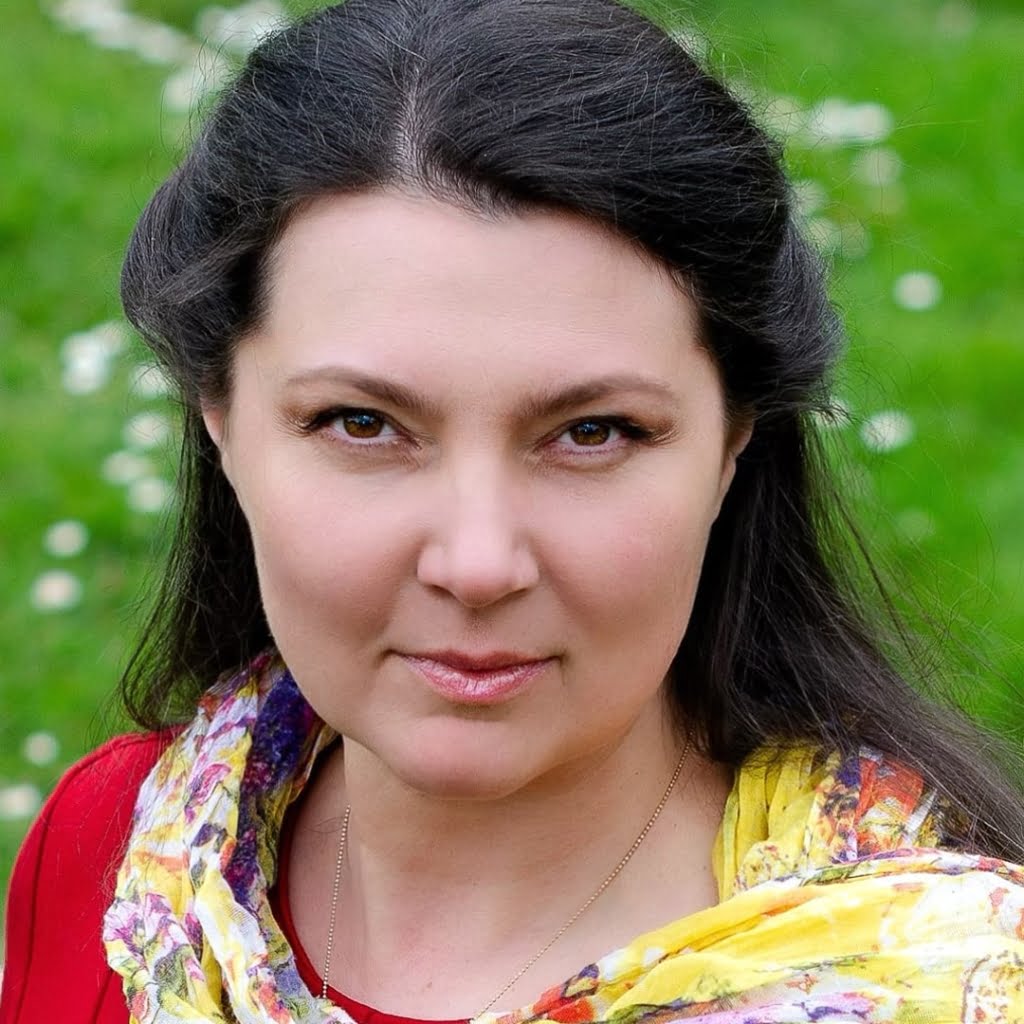
Professor Inga Prokopenko, MSc, PhD, University of Surrey
Inga is Professor of eOne Health and Co-Director of Pan-University Surrey People-Centred AI Institute at the University of Surrey, UK. At the University of Surrey, Department of Clinical and Experimental Medicine, Inga leads the Section of Statistical Multi-Omics, focussed on development and application of statistical, machine learning and AI approaches to multi-omic data with major focus on glycaemic health, type 2 diabetes (T2D) and its comorbid conditions, early growth, and T2D pathogenesis trajectories. She is a Visiting professor within the European Genomic Institute for Diabetes and the National Center for Precision Diabetic Medicine at the University of Lille, France.
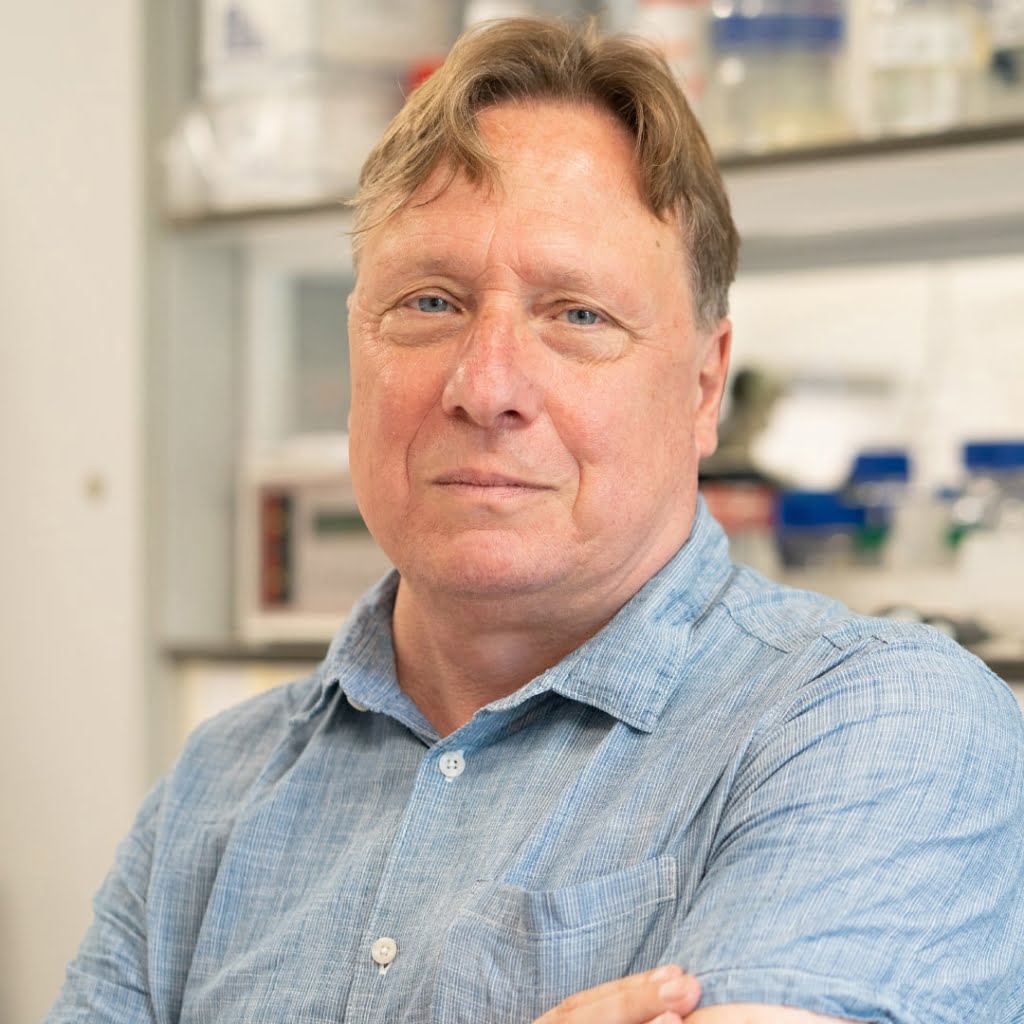
Professor Daniel St Johnston, FRS, FMed Sci, University of Cambridge
Daniel FRS FMed Sci is a Wellcome Principal Research Fellow and Professor of Developmental Genetics at the University of Cambridge. He was Director of the Gurdon Institute from 2009-2018. The St Johnston group study the polarised behaviours of epithelial cells in flies and mammals, with a focus on understanding how conserved polarity factors specify the apical, lateral and basal domains and how this cortical polarity regulates the organisation of the cytoskeleton and the trafficking of secreted proteins to the correct side of the cell.
